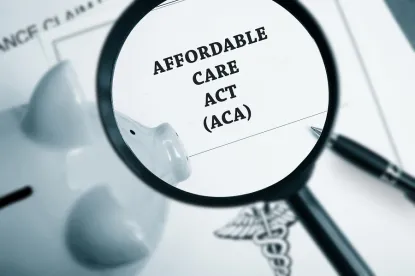On December 16, 2015, the House of Representatives struck a tentative deal on an appropriations bill that would fund the federal government through the 2016 fiscal year. Among other things, the 2016 Consolidated Appropriations Bill would delay the effective date of the controversial 40% excise tax on high-cost health plans (commonly referred to as the “Cadillac Tax”) for two years. The bill would also make the Cadillac Tax a tax-deductible expense. The tax (which was described in detail here and here) was set to become effective in 2018, and many employers have already started implementing plan design changes in an effort to mitigate the impact of the tax. Assuming the bill is signed into law, employers and other health coverage providers can pause these efforts.
Congress is expected to vote on the bill as soon as December 17, 2015, with the President set to sign the bill into law the following week. Despite the two-year delay, the Cadillac Tax remains the subject of intense political scrutiny. With a bipartisan push to repeal the tax and nearly all presidential candidates expressing a similar desire, the future of the Cadillac Tax is uncertain at best.



 />i
/>i

